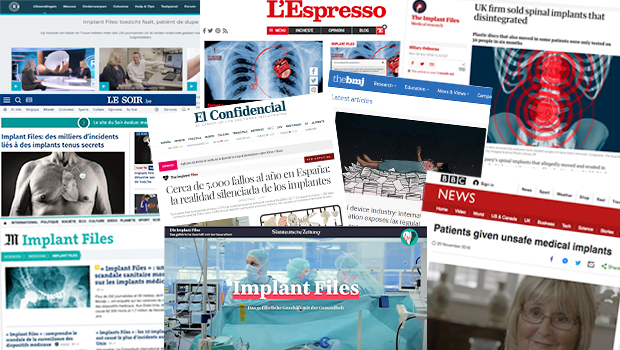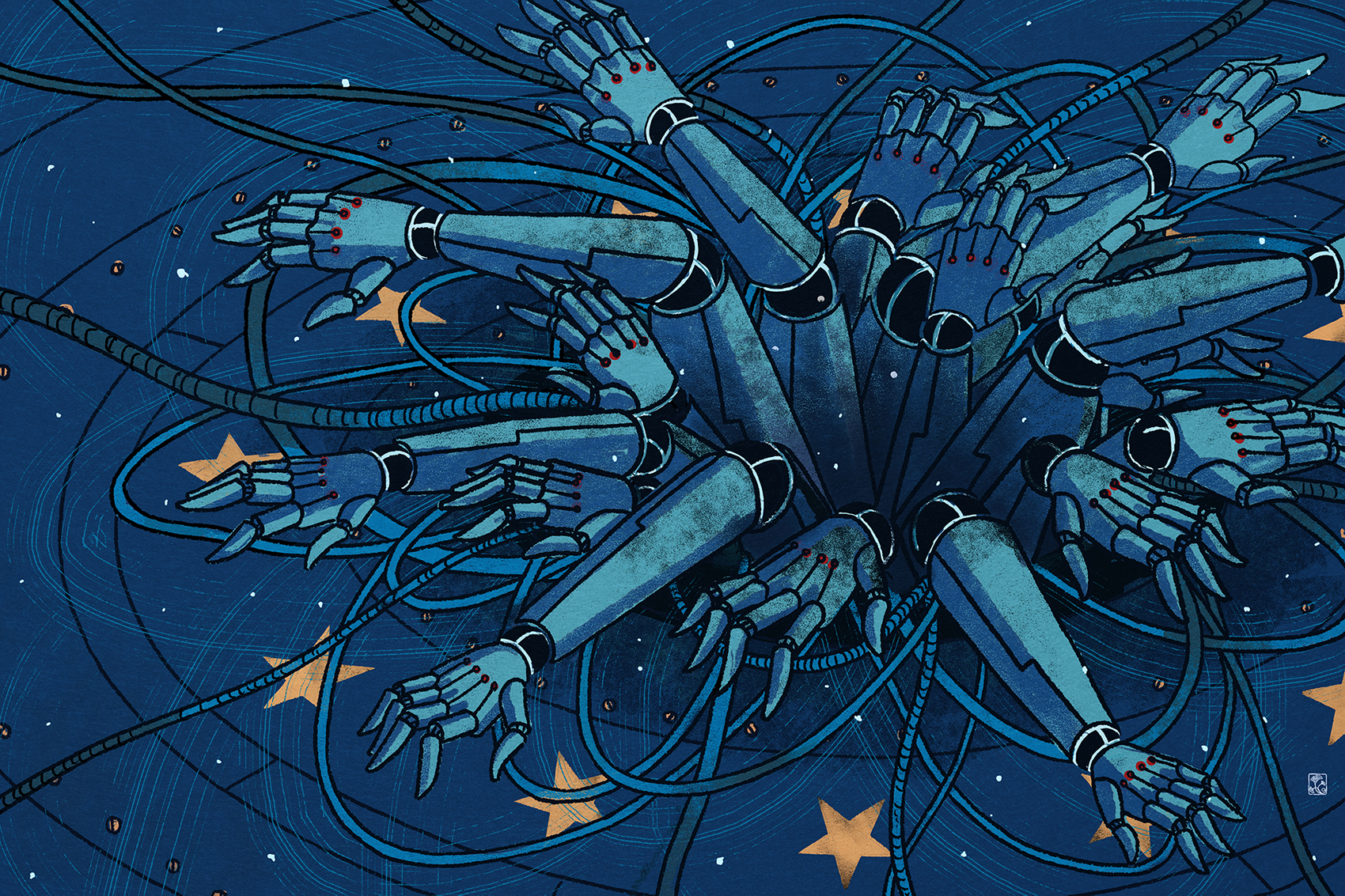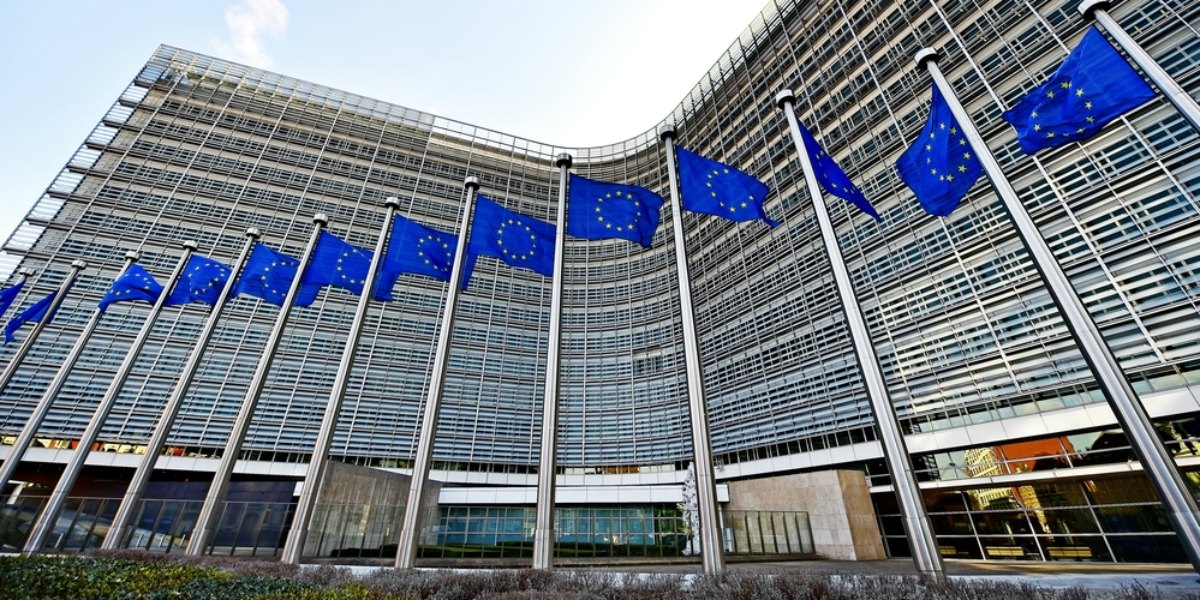Politicians, regulators, and prosecutors across Europe have begun reacting to Implant Files revelations that exposed questionable practices, safety failures and regulatory lapses — and gave voice to a growing body of patients who feel misled and ignored.
In the Netherlands, Jacqueline Roes told her story to ICIJ media partners AVROTROS Radar. “I know the silicone is going to kill me,” she said. “I’m sure of it. I feel it. I know it.” (Watch the subtitled video from the 58 minute mark)
Now in her 50s, she received silicone implants 35 years ago because her breasts had not developed after hot tea was spilled on her chest when she was a baby.

Since the operation, she has suffered for years from chronic pain, organ damage and agonizing cramps in her left leg. So severe were the problems that her leg was gradually amputated in a series of surgeries.
But even as she was gradually losing her leg, Roes was told the cause of her pain was mainly psychological, she recalled. “No one ever listened to me, or looked at me or did a biopsy,” she told AVROTROS Radar, a Dutch television show that focuses on consumer issues.
Eventually, Roes herself instructed that some of her removed tissue be tested. As she suspected, it was found to contain high levels of silicone, levels that could not occur naturally in the body.
Now regulators around the world are waking up to evidence from Roes and others that silicone can leak from breast implants and have harmful effects elsewhere in the body.
The French regulator Agence Nationale de Sécurité du Médicament (ANSM) is so concerned about potential links to a rare form of cancer that in November it recommended surgeons stop using silicone implants with textured surfaces until more is known about breast-implant associated anaplastic large cell lymphoma (BIA-ALCL).
The agency also announced it would hold evidence-gathering hearings on February 7 and 8, examining health risks associated with textured-surface silicone implants. Some studies have suggested they are associated with BIA-ALCL.
Those too sick, or otherwise unable to make the hearings, will be able to watch it on online.
Responding to Implant Files reporting in a letter to the Dutch parliament, health minister Bruno Bruins said: “The patient stories in the [AVROTROS Radar] program made a deep impression on me,” he said, calling what happened to Roes “incredible.”
“The conversation showed that she was poorly informed about the risks of breast implants. And when she made complaints she was not taken seriously,” he noted. This highlights how important it is “that doctors discuss the risks of implants with patients so that they can decide together on the best treatment.”
Bruins joined French calls for more public evidence to be gathered from patients, doctors and academic experts, as well as promising extra funding for medical device regulation and research in the Netherlands.
ANSM also said last month that it would hold a separate but similar evidence-gathering session on January 22 to hear from patients and clinical experts on the safety of vaginally-inserted surgical mesh products — another product featured in Implant Files reporting.
“Whenever I urinated, I cried. I moaned, I was on the verge of fainting,” recalled one French woman, speaking to ICIJ media partners France 2, CASH Investigation, a television news show, of her pain three years after having mesh inserted.
The use of mesh has been temporarily suspended in the UK since July last year at the request of a British evidence-gathering committee, which has been conducting its own investigative sessions.
Ireland quickly imposed a similar suspension, but France has not done so.
In the Netherlands, Implant Files journalists at the newspaper Trouw received an unexpected response to their reporting on sudden deaths from heart attacks among patients reliant on devices such as pacemakers or miniature defibrillators, known as ICDs (implantable cardioverter defibrillators).
One Trouw article explained how those tasked with establishing the cause of death often don’t test to see if a patient’s life had been ended by the failure of a pacemaker or ICD.
After reading the report, Rondy de Wildt who was implanted with such device got in touch. She told Trouw how she was so shocked by the article that she decided to change her will to include an instruction that the pacemaker on which she depended, be tested after her death.

Even if it would not save her, post-mortem testing could help others better understand the performance of such devices, she said.
She told Trouw reporters: “I think I can contribute my little bit to improving patient safety. I hope more heart patients do this.” Her move is supported by an influential Dutch patient group Hartpatiënten Nederland.
Elsewhere in Europe, the public prosecutor of the canton of Berne, Switzerland, last month responded to Implant Files articles in the Swiss, German and British press by opening a criminal investigation into a failed spinal disc product.
The device, called Cadisc-L, left some patients in agony after it broke inside their backs. Implant Files reports showed how the implant had received a European safety certificate — known as a “CE mark” — despite evidence from studies in baboons suggesting it could fail.
The prosecutors in Switzerland are now investigating the circumstances in which the device — made by a now-defunct company formerly based in Cambridge, called Ranier Technologies — was implanted into patients.
Ranier withdrew Cadisc-L from the market in 2014, and Geoffrey Andrews, Ranier’s founder, and former chief executive, told reporters that the company had “scrupulously followed the procedures and standards required by all regulatory authorities”.



